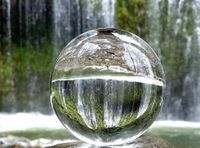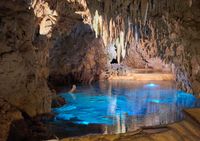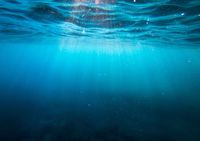WATER SCIENCE
Water science focusses on the processes within the water cycle: evaporation from the earth and ocean surface to the atmosphere followed by cooling down and condensation into rain or snow. These physical processes result in isotopic fractionation, giving the water molecules in each stage a unique isotope signature. Since isotopic fractionation is temperature dependent, water isotope analysis not only helps researchers to estimate the age and origins of water, it also provides more information on global warming.
Sample sources include precipitation samples collected from rivers, lakes, soil (groundwater), porous layers of rock and the ocean, as well as ice cores and (atmospheric) water vapor.
Hydrology
Hydrology examines the movement, distribution, and quality of water on Earth, including the hydrologic cycle, water resources and environmental watershed sustainability. Isotope hydrology is a field of hydrology that uses isotopic dating to estimate the age and origins of water and of movement within the hydrologic cycle. Measuring water isotopes can be used for e.g. watershed mapping, aquifer mapping, study interrelations between surface waters and groundwaters and creating isoscapes.
Paleoclimatology
Ice cores, rocks, sediments and seashells consist of substances formed over a range of years. Studying these materials helps researchers to understand past climate.
Isotopic analysis of ice cores can be linked to temperature profiles over a certain timespan (thousands of years ago). Measuring isotopic composition of fluid inclusions provides insight to postdepositional reservoir evolution and fluid migration.
Oceanography
Oceanography is the study of physical, chemical, and biological features of the ocean. The ocean, including all (micro)organism, is a major sink and source of greenhouse gases. Measurements of the GHG concentrations and isotopic composition in oceanwater samples (dissolved gas) and in the atmosphere just above the ocean, allows scientists to study the effect of temperature changes and/or strong wind events (such as cyclones and hurricanes).
Water isotope analysis provides more insight on the ocean’s fractionation processes, e.g. learning more about global seawater distribution and iceberg melting.


